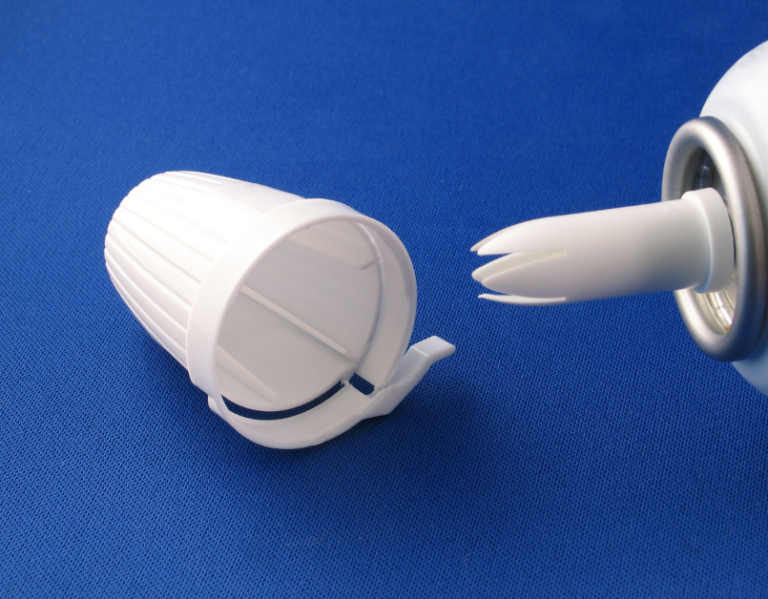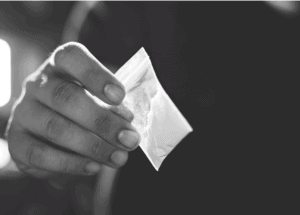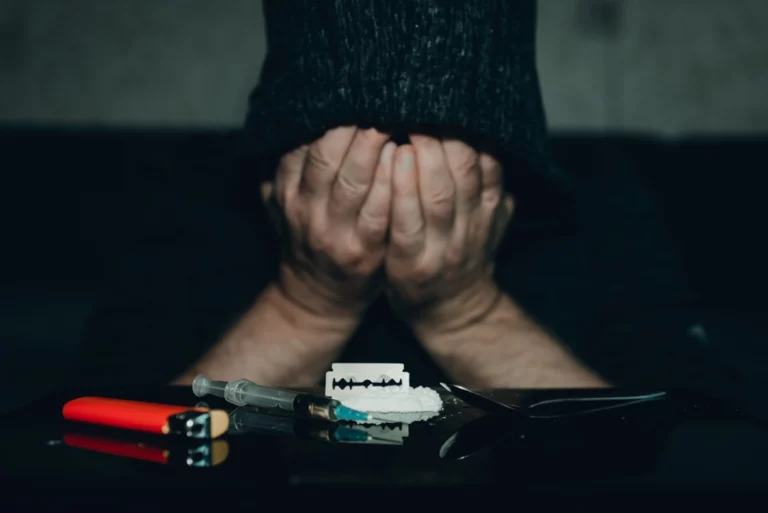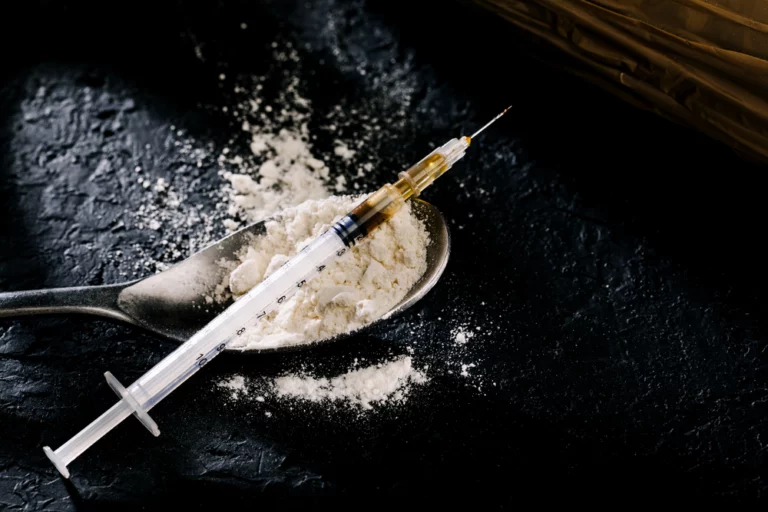Recovery from addiction is a courageous journey that requires perseverance, patience, and resilience. One challenge many face is sobriety fatigue, which can make staying motivated difficult. Sobriety fatigue involves feelings of exhaustion and lack of motivation during recovery. Understanding and addressing this fatigue is crucial for maintaining momentum and achieving long-term sobriety.
As you start your journey to sobriety, feeling fatigued can be discouraging and frustrating. You deserve to have the best chance possible when it comes to your recovery. By understanding where your fatigue is coming from and taking small efforts to combat your fatigue, you can give yourself the space to recharge and move forward with a sense of optimism. This blog can be a helpful resource as you start your brave journey to sobriety. Don’t let sobriety fatigue slow down your recovery and explore helpful tips below.

What is Sobriety Fatigue?
Sobriety fatigue is a state of mental, emotional, and physical exhaustion that individuals may experience during recovery. It’s characterized by low energy, mood swings, and a perceived lack of progress. This state can stem from the psychological and physical adjustments the body undergoes while adapting to a substance-free lifestyle.
When you decide to make an effort to stay sober, your body and mind will no doubt have a reaction to this change. Depending on the severity of your drinking, there are many lifestyle changes that will be brought about by choosing to be sober. An important part of navigating this type of fatigue is by approaching it with patience and compassion. You have already made the brave decision to get sober, and battling your fatigue should be treated with empathy.
Be sure to speak kindly to yourself, use practical strategies to work through your sobriety fatigue, and be sure to seek out help from friends or loved ones on days that feel especially difficult. There is no shame in taking a moment to rest and take care of your wellbeing as you work to achieve sobriety.
Common Signs of Sobriety Fatigue
Individuals experiencing fatigue with their sobriety may feel persistent tiredness, difficulty concentrating, emotional instability, and decreased enthusiasm for activities they once enjoyed. Recognizing these signs is essential to address them effectively.
Duration of Sobriety Fatigue
The duration of fatigue brought on by sobriety can vary widely among individuals, depending on factors such as the length and severity of addiction, overall health, and the presence of a supportive recovery system.
Immediate Withdrawal and Adjustment Phases
Initially, this type of fatigue is often linked to the withdrawal process and can last from a few days to several weeks. As the body detoxifies and adapts, fatigue levels may fluctuate.
Long-term Adjustment
Long-term fatigue associated with sobriety can persist for months or longer as individuals adjust to life without substances. This phase may require ongoing management and support to overcome. Thankfully, with the tools and strategies we will discuss, you can better prepare for sobriety fatigue and make small efforts to navigate the more difficult days with confidence.

Strategies for Staying Motivated
Finding ways to stay motivated can help alleviate the effects of sobriety fatigue. Here are strategies to maintain momentum and rebuild energy:
Set Realistic Goals
Creating achievable goals provides direction and a sense of accomplishment. Start with small, incremental targets that support your overall recovery journey and celebrate each success.
Establish a Routine
A structured daily routine can help reduce fatigue by providing stability and predictability. Incorporate activities that promote health and well-being, such as regular exercise, balanced nutrition, and sufficient rest.
Practice Mindfulness and Self-Care
Engage in mindfulness practices like meditation, yoga, or deep breathing exercises to manage stress and enhance emotional well-being. Prioritizing self-care reinforces your commitment to recovery and helps replenish lost energy.
Seek Support and Connection
Lean on your support system, including friends, family, or support groups. Sharing your experiences and challenges can provide encouragement and reinforce accountability.
Spend Time in Nature
Spending time in the fresh air can be a great way to combat fatigue. Explore your local park, visit a nearby hiking trail, or even rest outside in your yard. Take time to breathe in the fresh air and slow down your pace to be more present with your feelings.
If you are feeling more adventurous, use a service like AllTrails to map out local hiking trails in your area that push you to better your physical health. By spending more time in nature, you can surround yourself with the beautiful landscapes, far from potentially harmful substances that may be close to home.
Take Up Journaling
Another effective way to combat sobriety fatigue is to take up journaling. Write down your feelings, symptoms, goals, and affirmations to keep track of how you’re feeling in addition to highlighting your recent achievements.
Journaling is an effective way to stay present with yourself and also keep a more detailed mental note about things that you may be grateful for on your journey to sobriety. With this small, daily effort, you can enjoy added motivation and gratitude that can help you fend off fatigue.

Effective Ways to Combat This Type of Fatigue
Specific strategies can assist in managing and reducing sobriety fatigue, supporting both physical and emotional recovery.
Healthy Lifestyle Changes
Adopting a healthier lifestyle can combat fatigue. Focus on a balanced diet, regular physical activity, and staying hydrated. These habits enhance physical health and improve mood and energy levels.
Therapeutic Activities
Engage in activities that nurture your creativity and emotions, such as art therapy, journaling, or music therapy. These can provide emotional relief and help process underlying feelings related to sobriety fatigue.
Professional Guidance
Consulting with healthcare professionals or counselors can provide personalized strategies to manage fatigue. They can assess contributing factors and recommend interventions to optimize energy levels and motivation.
Frequently Asked Questions About Sobriety Fatigue
Below are some frequently asked questions regarding sobriety fatigue and how to effectively manage it:
What is Sobriety Fatigue?
Sobriety fatigue refers to the mental, emotional, and physical exhaustion that individuals may experience during their recovery journey due to the changes and adjustments required for a substance-free lifestyle.
The severity of sobriety fatigue can vary. Some of the factors that can make this type of fatigue more intense is the intensity of your drinking habits, the role alcohol has played in your daily life, and in what ways it was used to self-medicate. However, sobriety fatigue, like many of the symptoms of withdrawal, are temporary. Stay hopeful and rest assured that the best days are ahead of you.
How Long Does Sobriety Fatigue Typically Last?
Sobriety fatigue can last from a few weeks to several months, depending on personal factors like addiction history and recovery support system. It’s essential to remain patient and seek ongoing support.
How Can I Stay Motivated While Working Through Sobriety Fatigue?
Staying motivated involves setting realistic goals, establishing a routine, connecting with a support network, practicing mindfulness, and prioritizing self-care. These strategies can help maintain energy and focus during recovery.
Additionally, it can be helpful to remind yourself of why you are making these efforts. Focus on your loved ones or the personal reasons you are seeking sobriety. Remind yourself of the courageous act that you are doing in choosing to be sober. Keeping our purpose at the forefront of our minds can be a great way to stay committed to our sobriety goals even when feeling fatigued.
Embracing Your Recovery Journey
Navigating sobriety fatigue is a natural part of the recovery journey. By understanding its impact and implementing effective strategies, you can stay motivated and continue progressing toward a healthier, substance-free life. Whether you’re seeking guidance or just starting on your path, embracing the journey with patience and resilience sets the stage for long-term success.
The dedicated and empathetic staff at Asheville Detox Center understands that achieving sobriety is a marathon and not a sprint. There will of course be moments when you feel tired, overwhelmed, or frustrated as you work to achieve sobriety. Our team is here for you every step of the way, no matter how long it takes.
If you or a loved one is struggling with addiction and is in need of immediate detox services, contact us or call us today for immediate assistance.






